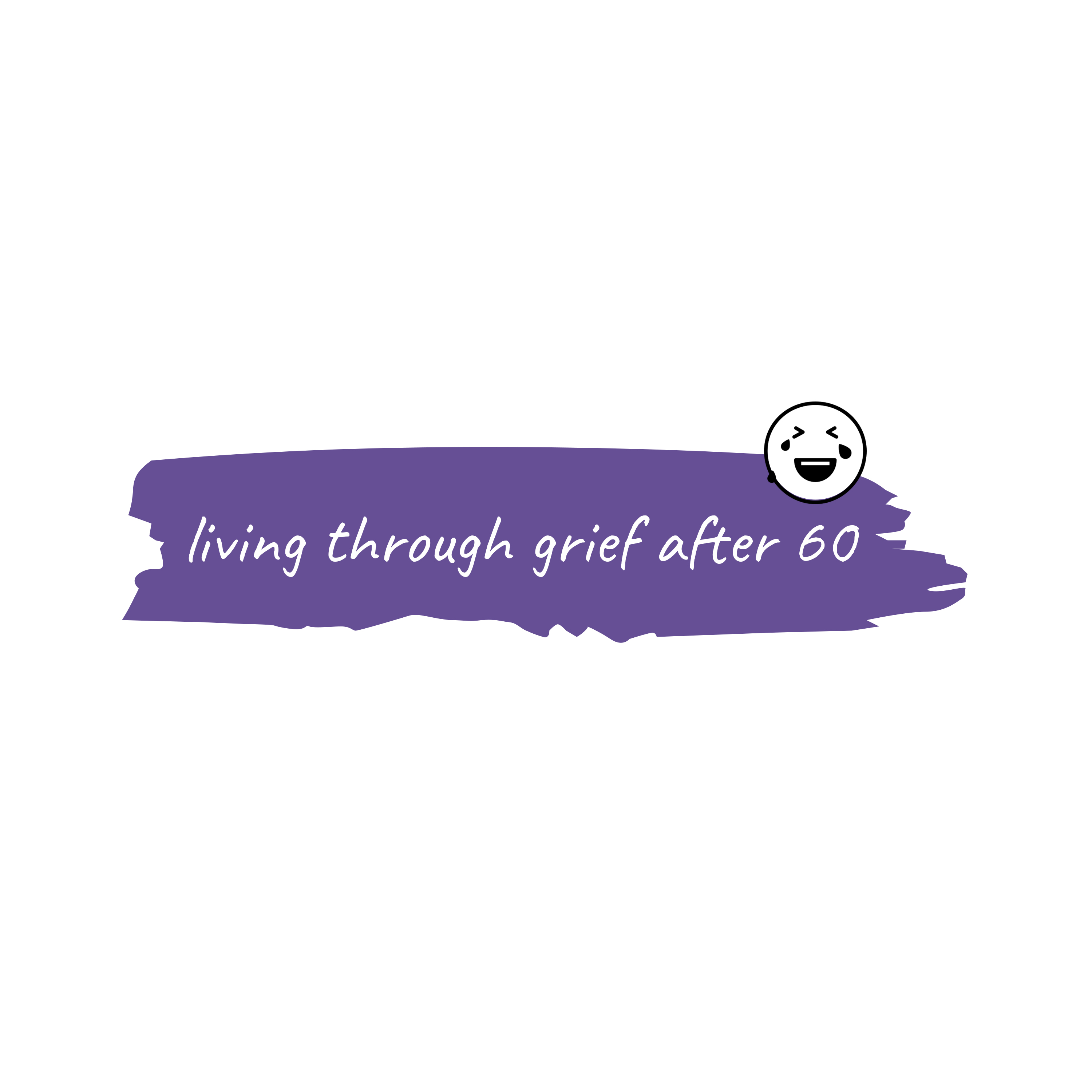This post may contain affiliate links, and I may earn compensation when you click on the links at no additional cost to you.
How Difficult Conversations Begin
Seniors get together with relatives they don’t see often over the holidays. Because it is usually the first time relatives have seen each other all year, changes such as difficulty walking or eating are easier to notice. As a result, seniors may have difficult conversations with relatives about their health. A conversation about leaving the senior’s home for an assisted living facility generally follow.
Holiday gatherings are a good time to have discussions about a senior’s difficulty with balance or getting around. It is also an ideal time for relatives to share ideas about options for the senior.
Why These Conversations are Difficult
A senior may begin to feel defensive if they are asked about their health, and respond “fine” when relatives ask about how they are doing, whether they actually are or not. Seniors believe that “falls won’t happen to them”, and may want to remain in their home for as long as possible.
After a senior has fallen, it may be a few minutes or a few days later when they are found by a relative and/or neighbor. If the senior has been found to have broken a hip, it won’t be too long before discussions take place about moving the senior to an assisted living facility.
Types of Changes Relatives Notice
Relatives noticed the following changes in their senior loved ones since they last saw them, according to Caring.com:
- Walking – 18.2%
- Housework – 13.1%
- Transferring – 12.1%
- Driving – 12.1%
- Bathing – 7.1%
- Eating – 6.1%
- Continence – 5.1%
- Dressing – 4.0%
Levels of Difficulty Addressing Concerns to Seniors
Annually, there is “an increase of more than 30% in the number of inquiries and visits in January and February” to assisted living facilities, Caring.com’s survey found.
Beginning the process of talking to seniors about making living arrangements is difficult for everyone involved. Caring.com’s survey revealed that:
- Talking about using assisted living services was somewhat difficult (31%);
- Discussing assisted living services was very difficult (15%).
There are additional reasons why family members have difficulty getting seniors to acknowledge that they need help, Caring.com found, including:
- The family member doesn’t believe he or she needs help;
- Disagreements on the type of care needed;
- Disagreement on costs.
Challenges of Getting Seniors to Accept Help
The challenges in getting seniors to accept help include, according to Caring.com’s survey:
- Not being open to getting any sort of help (38%);
- Denying they need help (52%);
- Disagreements about the type of care needed (30%).
Tension in a family can occur when relatives begin to discuss the possibility of a senior moving into assisted living. Seniors are more likely to resist suggestions to consider assisted living if it comes across as an order and no alternatives are offered.
Addressing Safety Concerns
Seniors who have lived in the home where they raised their family for years may find it difficult to consider leaving the home, regardless of how difficult it is to maintain. Eventually, the senior is encouraged to think about moving into an assisted living facility that will provide the specialized care the family may be unable to give. Family members can take the initiative to discuss the senior’s situation with them before moving them into a facility that is costly and can potentially change the senior’s life, Caring.com recommended.
How to Address Safety Hazards
Family members can take the following steps to help ensure a loved one remains safe in their own home, while avoiding the possibility of falls, wrote Tanya Brickling Leach in AARP in 2019:
- Removing trip hazards from stairs;
- Repairing loose railings;
- Removing or securing loose rugs;
- Adding task lighting;
- Installing a nightlight in the bathroom, and making sure the floor isn’t wet.
Accepting the Need for Change
While a senior’s physical age may be 90, they may still see themselves in their 40s, Leach wrote. Seniors find it difficult to look at themselves in the mirror and realize they cannot do activities in their 60s that they were able to do in their 20s. They find it difficult to accept that their mobility is not as it was when they were younger. Seniors may be in danger of falling in their own homes and not be able to call family, friends or 911 for help.
“Mobility is the key to independent living”, Leach said. Geriatricians ask about taking steps to prevent falls to maintain independent living, Leach added. Only if necessary, scare tactics can be used to help the senior understand that a fall resulting in a broken hip will likely result in a lack of mobility, eventually losing their independence if use of a walker or cane and/or taking resistance and strength training classes is not considered, Leach added.
Exploring Options
Alternative living arrangements that are right, and safe, for seniors should be discussed. Relatives and seniors should discuss options several times, in several ways, and in different situations, about the possibility that the senior may be unable to continue living independently, Leach suggested. Seniors and their relatives need to agree that any changes in housing arrangements are best for the senior.
Exploring Pros and Cons of Assisted Living Options
The pros and cons of various facilities and providers need to be researched before approaching the senior about possible ideas for senior living, Caring.com found. Costs should also be explored before addressing possible changes in living arrangements with the senior.
Relatives can suggest possible options to their loved one including hiring a housekeeper once a week or purchasing a medical alert system for them, Caring.com recommended. A senior may have more of an open mind to possible living options. Seniors believe they are in control when they have a choice between moving to an assisted living facility or making small changes that will allow them to remain in their home.
The Importance of Patience in Exploring Options
Relatives need to be patient about letting the senior realize they need help, and not become angry if the senior does not initially agree, Caring.com suggested. On this topic, Caring.com’s survey respondents said that:
- It was 2-3 months before the right care was found for loved ones (18%);
- It took longer than 3 months (22%).
Regardless of age, change is difficult. The ultimate choice whether to remain at home or go into assisted living should be the senior’s. The senior will be happier if changes in living arrangements help them remain happy, independent, and healthy.
Further Information
“Senior Care Options: Insider’s Tips to Selecting the Best Care Level for Changing Abilities” with Teepa Snow is recommended for family members who want to find the best possible options for their loved ones. The DVD is a 2.5 hour long workshop given by Ms. Snow.
Final Thoughts
Seniors age 60 and over have reached a point in their life where they need to think about new living arrangements. When relatives live far away and are unable to help transfer the senior from home to hospital to an assisted living facility, a plan should be put in place before a life-threatening emergency occurs. Relatives should encourage seniors that assisted living will enhance their lives through amenities and new social opportunities, Caring.com recommended. When seniors have an opportunity to choose alternative care options that will allow them to maintain their independence and remain safe, everyone wins.

